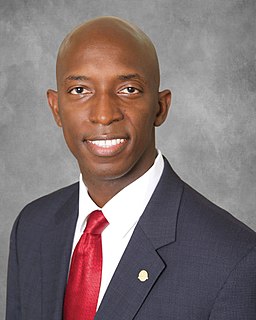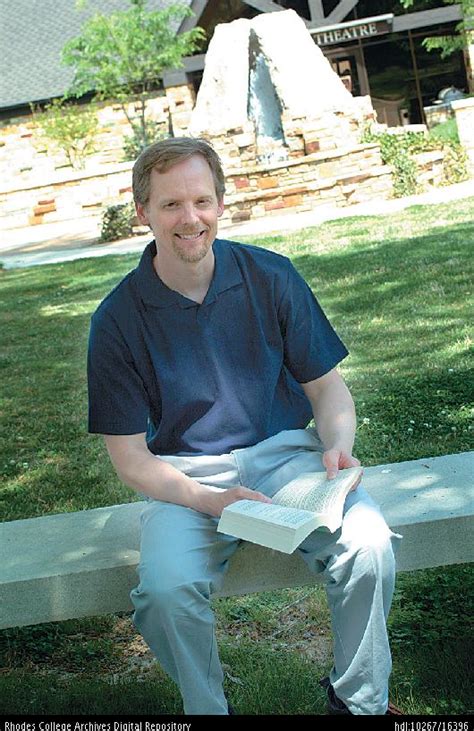A Quote by Frederick Lenz
Those who pursue a worldy life - who try to get others to do what they want, to peform for them, who use and abuse in the name of their own happiness - are miserable.
Related Quotes
We begin from the recognition that all beings cherish happiness and do not want suffering. It then becomes both morally wrong and pragmatically unwise to pursue only one's own happiness oblivious to the feelings and aspirations of all others who surround us as members of the same human family. The wiser course is to think of others when pursuing our own happiness.
We just need the laws to change - it's 2012," JWoww said to MTV News. "I want to see my best friend get married, and I want to see everyone in every state be able to get married. It's their choice. It's not affecting our lives. So let them be equal. We want them to be able to experience life, and if they want to be miserable and married, let them be miserable and married like us.
Try not to pay attention to those who will try to make life miserable for you. There will be a lot of those-in the official capacity as well as the self-appointed. Suffer them if you can't escape them, but once you have steered clear of them, give them the shortest shrift possible. Above all, try to avoid telling stories about the unjust treatment you received at their hands; avoid it no matter how receptive your audience may be. Tales of this sort extend the existence of your antagonists.
I think we all mistake certain things for happiness. I think we mistake comfort for happiness and we mistake pleasure for happiness, and entertainment for happiness, when really these are just things we use as proxies for our happiness. We use them to cheer us up or try and achieve brief happiness, when really happiness is something much more profound and long lasting and exists within us.
Too many Americans have twisted the sensible right to pursue happiness into the delusion that we are entitled to a guarantee of happiness. If we don't get exactly what we want, we assume someone must be violating our rights. We're no longer willing to write off some of life's disappointments to simple bad luck.
The life of hope, then, is shot through with social influences at every level. We learn to formulate ideals in tandem with others. We pursue particular hopes, sometimes succeeding and sometimes failing, in the company of those we love. And as we develop habits of hope and the hopefulness which helps us weather our trials, we reach out to others, inspiring them, sharing our own hopes with them, and contributing our abilities as best we can to foster the growth of agency.
Compassion allows us to use our own pain and the pain of others as a vehicle for connection. This is a delicate and profound path. We may be adverse to seeing our own suffering because it tends to ignite a blaze of self-blame and regret. And we may be adverse to seeing suffering in others because we find it unbearable or distasteful, or we find it threatening to our own happiness. All of these possible reactions to the suffering in the word make us want to turn away from life.
In our concern for others, we worry less about ourselves. When we worry less about ourselves an experience of our own suffering is less intense. What does this tell us? Firstly, because our every action has a universal dimension, a potential impact on others' happiness, ethics are necessary as a means to ensure that we do not harm others. Secondly, it tells us that genuine happiness consists in those spiritual qualities of love, compassion, patience, tolerance and forgiveness and so on. For it is these which provide both for our happiness and others' happiness.

































